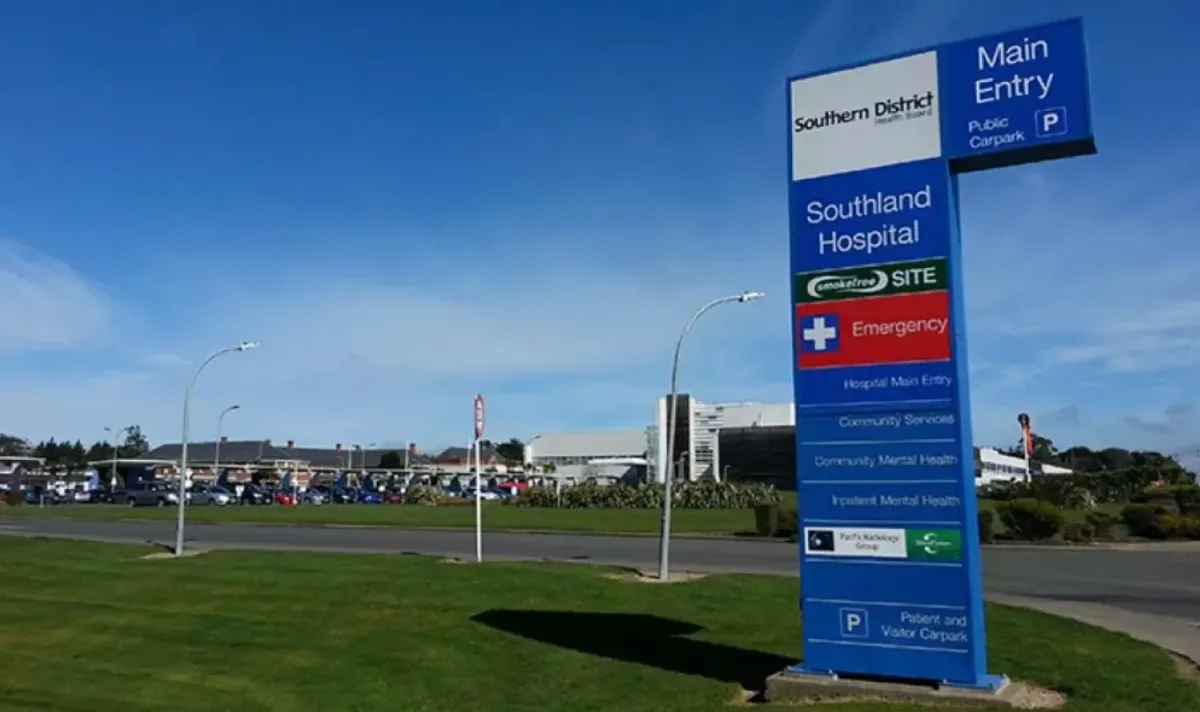- A Southland Hospital patient’s lung cancer went undiagnosed for over five years.
- The Health and Disability Commission found multiple missed opportunities to detect the cancer.
- Health NZ Southern apologised and pledged to improve radiology processes and staffing.
A Southland Hospital patient’s lung cancer diagnosis was delayed for over five years, resulting in it becoming incurable, according to the Health and Disability Commission (HDC).
The commission’s report found that between 2017 and 2022, the patient — identified as "Mr A" — underwent nine scans or X-rays that failed to identify his developing cancer. By the time the cancer was correctly diagnosed in October 2022, it had spread to his spine, and he was given a life expectancy of six months to a year.
"In my view, there were several missed opportunities by staff at Southland Hospital to identify Mr A’s malignancy and escalate his care appropriately," Deputy Health and Disability Commissioner Dr Vanessa Caldwell said.
The report revealed that a suspicious 20mm nodule was first seen in May 2017 but was overlooked. Further scans also failed to highlight its growth. By 2019, the lesion had grown significantly, yet no follow-up was conducted.
Mr A’s lawyer was critical of Health NZ Southern’s response to the situation. "We note within the provisional report some of the excuses offered by [Health NZ Southern] in respect of the environment, work pressure, working conditions, etc. With respect, that is not the patient’s fault."
The lawyer further said that Mr A and his family were left wondering what his prognosis would have been if the lesion had been recognised and followed up earlier.
The HDC report found that Southland Hospital’s radiology department faced significant staffing pressures, lacked a radiology registrar, and that staff often worked in noisy environments where distractions were common. These factors contributed to critical mistakes in reviewing imaging.
The Commissioner recommended that Health NZ Southern apologise to Mr A and improve its processes. Suggested improvements include establishing a business case for a radiology registrar, reducing distractions for staff reading scans, and conducting more frequent peer reviews.
Health NZ Southern’s Chief Medical Officer Dr David Gow accepted the HDC findings. "We sincerely apologise for the failure to deliver an appropriate standard of care between 2017 and 2022. We are deeply regretful for the significant distress caused to the patient and their family."
Dr Gow confirmed that staff support systems were being improved to ensure a better work-life balance and reduce fatigue. A new radiologist is expected to join the team later this year, with further staffing increases planned.


